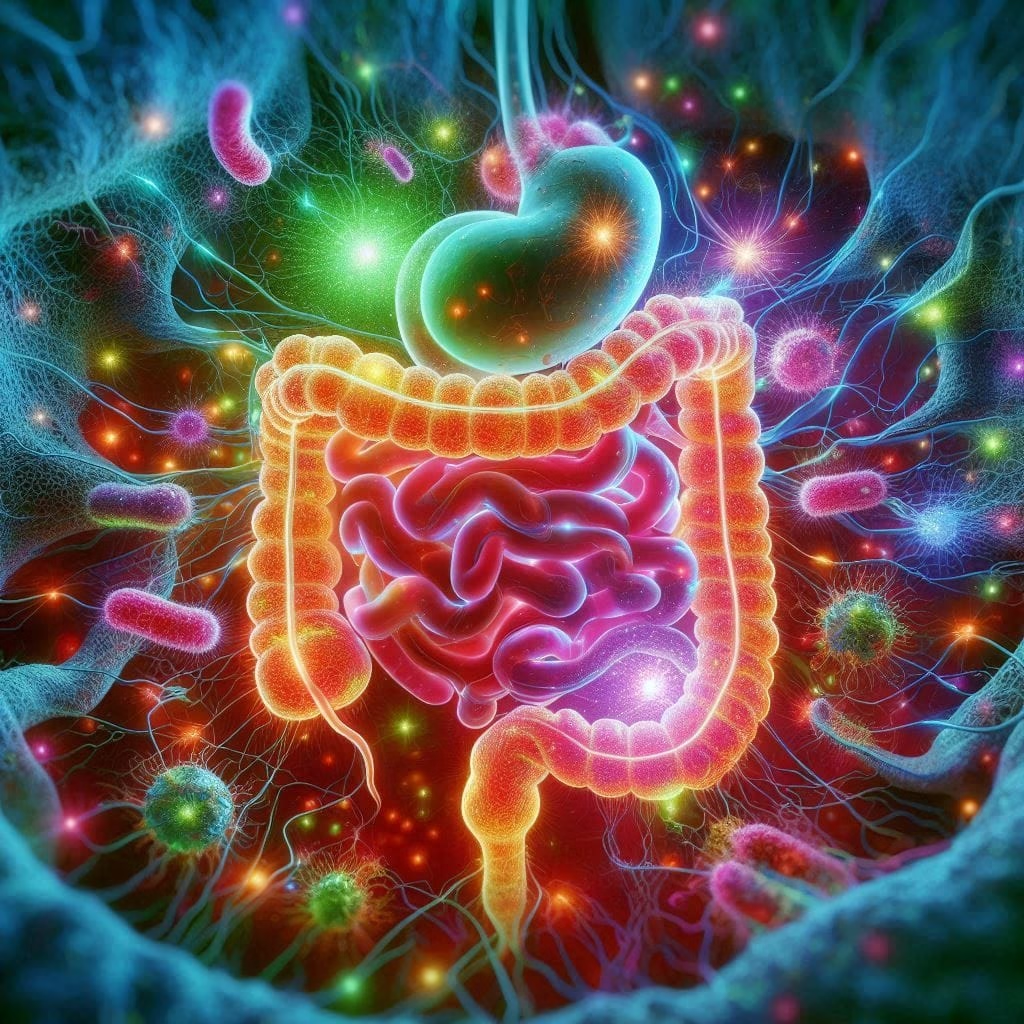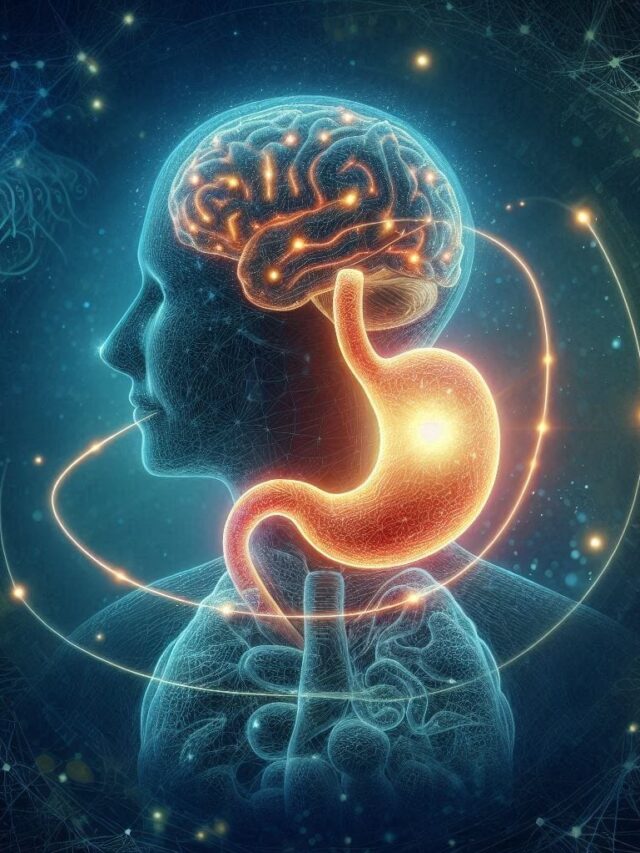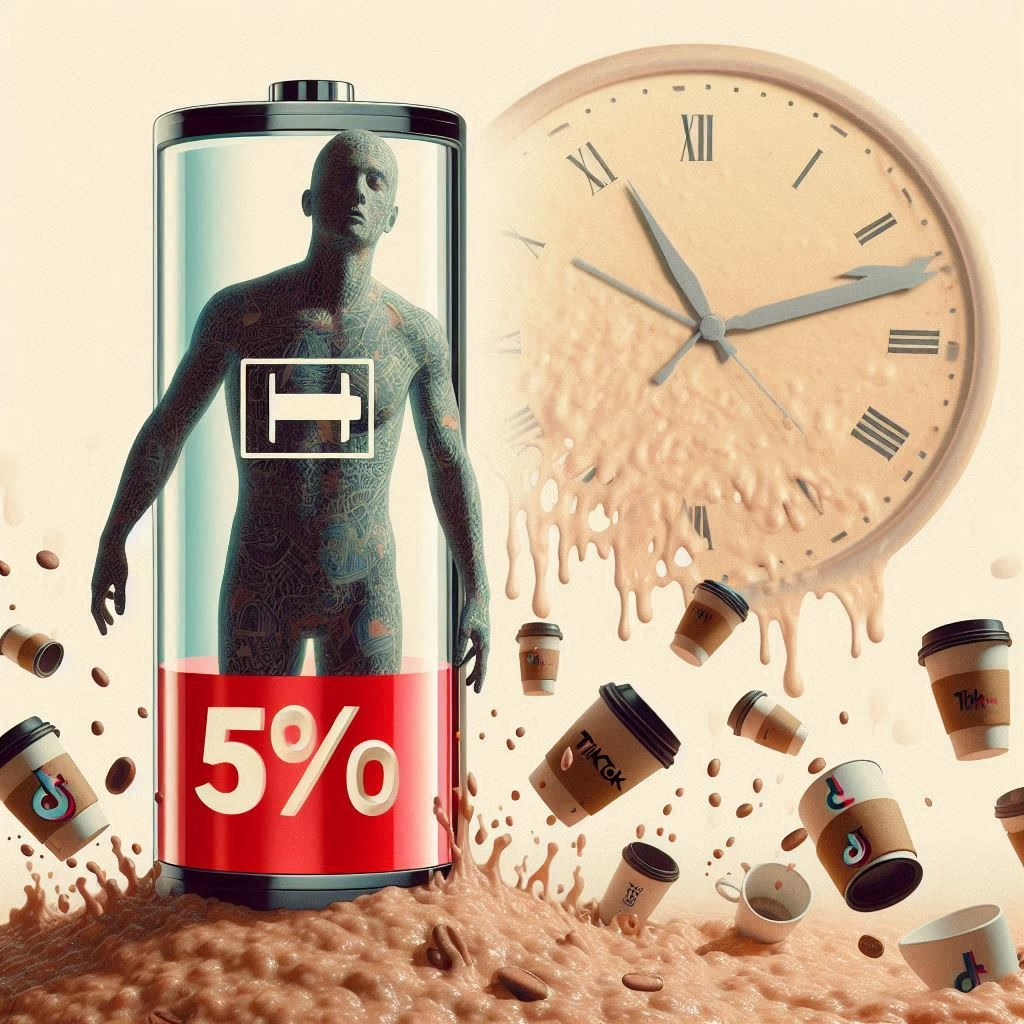You know that feeling when your heart races like a hummingbird’s wings, your palms sweat, and the room suddenly feels too small? Panic attacks can hit like a summer storm—unpredictable, intense, and utterly exhausting.
But what if I told you the root of these episodes might be hiding in your grocery cart or daily multivitamin? Emerging research suggests that deficiencies in specific vitamins could be quietly fanning the flames of anxiety.
Let’s unpack this connection—and why your brain might be screaming for nutrients you’re overlooking.
The B Vitamin Brain Connection (And Why Your Nerves Care)
B vitamins are the unsung heroes of your nervous system. Think of them as your body’s pit crew, fine-tuning everything from energy production to neurotransmitter synthesis.
But here’s the kicker: B6, B9 (folate), and B12 are particularly critical for mood regulation. Low levels can throw GABA and serotonin—your brain’s “chill out” chemicals—out of whack.
A 2021 study in Nutritional Neuroscience found that individuals with panic disorder often had significantly lower B6 levels.
Why? This vitamin helps convert tryptophan into serotonin. Without enough, your brain’s anxiety brakes start to squeak. And B12? It’s like insulation for nerve fibers. Skimp on it, and neural communication gets staticky, amplifying stress signals.
But wait—can’t I just grab a supplement? Sure, but food sources matter. Lentils, spinach, and salmon are B vitamin powerhouses. And if you’re vegan, keep an eye on B12: nutritional yeast or fortified plant milks can bridge the gap.
Vitamin D: The Sunshine Shield Against Anxiety
Here’s a paradox: we’re more connected than ever, yet vitamin D deficiency affects nearly 42% of U.S. adults. Dubbed the “sunshine vitamin,” D does more than strengthen bones—it’s a mood modulator. Receptors for vitamin D are sprinkled throughout brain regions tied to fear and emotional processing, like the amygdala.
Low D levels correlate with higher anxiety rates, especially seasonal affective disorder (SAD). One theory? Vitamin D helps regulate enzymes that produce dopamine and norepinephrine—chemicals that keep dread at bay.
During darker months, when sunlight’s scarce, panic symptoms often spike. A 2020 meta-analysis even linked supplementation to reduced anxiety in deficient individuals.
But here’s the twist: Too much vitamin D can backfire. Aim for 600–800 IU daily unless your doc advises otherwise. Fatty fish, egg yolks, and 15 minutes of midday sun (sans sunscreen) can help.
Magnesium: Nature’s Chill Pill
Magnesium is the yoga instructor of minerals—it literally helps muscles relax. But nearly half of Americans don’t get enough.
Why does this matter for panic attacks? Magnesium keeps glutamate (an excitatory neurotransmitter) in check. Without it, your nervous system revs like a car stuck in neutral.
Studies show magnesium deficiency can heighten the startle reflex and trigger hyperventilation—hallmarks of panic. One trial in PLOS ONE found that combining magnesium with vitamin B6 reduced anxiety symptoms 24% better than magnesium alone.
Pro tip: Dark chocolate (70%+ cocoa) and pumpkin seeds make tasty magnesium boosters. Or try Epsom salt baths—your skin absorbs magnesium while you unwind.
The Gut-Brain Axis: Where Vitamins Meet Second Brains

Ever had a “gut feeling”? That’s not just a metaphor. Your gut produces 90% of your serotonin, thanks to microbiome buddies like Lactobacillus and Bifidobacterium.
But here’s the catch: these bacteria need vitamins to thrive. B vitamins feed them; low fiber or processed diets starve them.
When gut health tanks, inflammation rises, and anxiety often follows. A 2022 Nature study found that probiotics paired with B9 and B12 reduced panic symptoms in mice. Human trials are ongoing, but the message is clear: nourish your gut, calm your mind.
Are You Deficient? Signs to Watch (And What to Do Next)
Symptoms of vitamin deficiencies masquerade as everyday stress: fatigue, irritability, insomnia. But if panic attacks are crashing your party, consider these steps:
- Track your diet for a week. Apps like Cronometer can highlight nutrient gaps.
- Get tested. A simple blood panel can spot low B12, D, or magnesium.
- Rethink restrictive diets. Keto and veganism are great—unless they’re stripping key nutrients.
- Cook smart. Steam veggies lightly; overcooking destroys B vitamins.
Quick note: Supplements aren’t candy. Megadoses can cause nausea or worse. Always consult a pro.
Wrapping Up: Small Tweaks, Big Calm
Panic attacks are complex—no single nutrient is a magic bullet. But shoring up these vitamins? It’s like giving your brain a steadier foundation to weather storms. Start with food, tweak with supplements if needed, and remember: your plate holds more power over your panic than you might think.
So next time anxiety knocks, ask yourself: Is my body missing something simple? The answer could be as close as your next meal.







